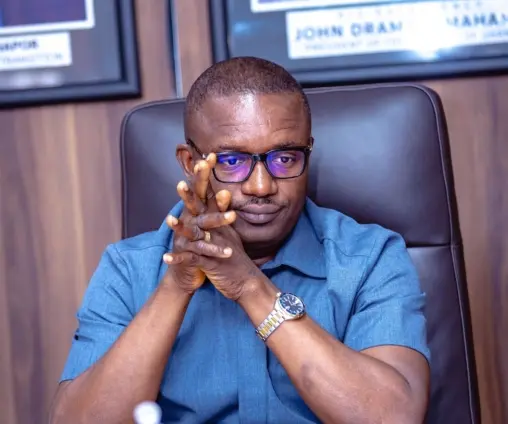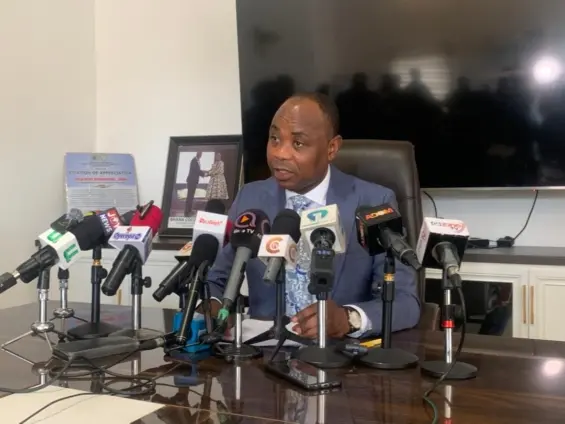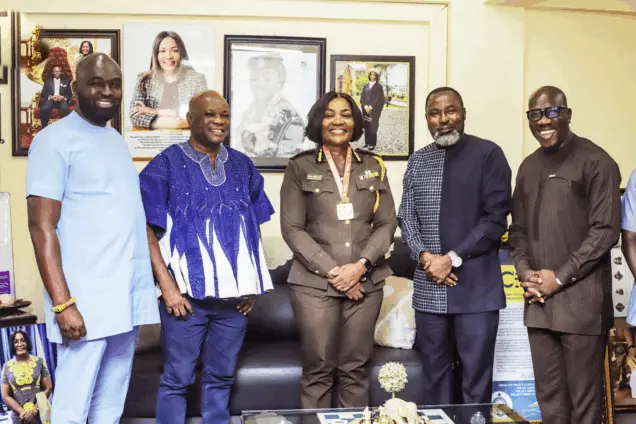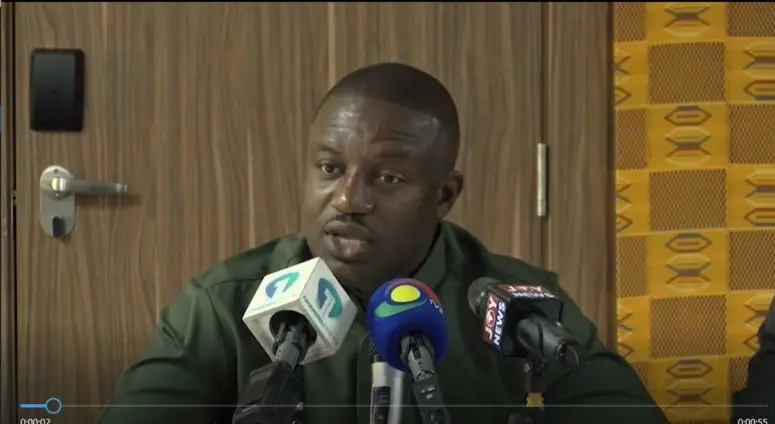The echoes of the recent elections still reverberate through Ghana’s political landscape. As the dust settles, key figures are beginning to assess the lay of the land, and chart paths forward. Dr. Mahamudu Bawumia, the outgoing Vice-President, recently addressed members of the New Patriotic Party (NPP) in London, offering his reflections on the 2024 defeat and outlining his vision for the future. His remarks, particularly concerning the 2012 election and his optimism for a potential Bawumia 2028 campaign, have sparked considerable debate in Ghana politics. This analysis seeks to unpack Bawumia’s perspective, examine the strategies he might be considering, and consider the challenges that lie ahead for the NPP as it looks toward the next election cycle.
During his address, Bawumia offered some interesting perspectives on Ghana’s political trajectory.
Reflecting on 2012: Bawumia’s “Aberration” Claim
Dr. Bawumia characterized the 2012 election, which saw John Mahama secure his first term as president, as an “aberration” due to the unfortunate passing of President John Atta Mills just months before the polls. According to Bawumia, the National Democratic Congress (NDC) effectively capitalized on the national mourning period during their campaign. “John Mahama’s one was an aberration,” Bawumia stated, alluding to the unusual circumstances surrounding that election year. This characterization, however, raises questions about the extent to which such circumstances can truly be considered an outlier in Ghana’s dynamic political history. The NPP, it’s worth remembering, formally challenged the 2012 election results in court, alleging widespread irregularities, a challenge that ultimately failed.
Bawumia further argued that Ghanaian voters tend to be hesitant to elect first-time presidential candidates. He cited examples such as John Kufuor, John Atta Mills, and Nana Akufo-Addo, all of whom secured the presidency on either their second or third attempts. “Our political history suggests that it is usually very difficult for a first-time presidential candidate to win an election in Ghana,” Dr. Bawumia noted. While there’s some truth to this observation, the complexities of Ghanaian politics mean there are always exceptions, and each election cycle presents unique factors that can sway voters.
Acknowledging 2024: Lessons Learned and Apologies
A significant portion of Bawumia’s address focused on the NPP’s performance in the 2024 election. He openly admitted that the party “didn’t get everything right” and extended an apology to party members, particularly those in the diaspora. “I apologise to all of you for us not getting the things right that we should have gotten,” he said. While he didn’t delve into specific missteps, many observers believe he might have been alluding to the public’s concerns about the economy, unemployment, and perceived corruption, issues which dogged the NPP administration in the lead up to the elections. Accepting responsibility, even without going into granular detail, is a crucial step for any party seeking to rebuild and regain public trust.
Looking Ahead: Bawumia’s Optimism for 2028
Despite the recent setback, Dr. Bawumia expressed considerable optimism regarding the NPP’s prospects in the 2028 elections. He voiced his belief that the party would learn from its experiences and mount a successful comeback. “I am very, very optimistic about 2028. I believe that in 2028, NPP is going to come back into government,” Bawumia confidently asserted. This confidence seemingly stems, in part, from his assessment of the NDC’s potential challenges.
Bawumia anticipates that the NDC will likely field a new presidential candidate in 2028, given that John Mahama has already run multiple times. This, in Bawumia’s view, could create an advantage for the NPP. “There’s a sense that in 2028, NDC is going to bring a new candidate… I believe we will have an advantage,” he stated. Whether this assessment proves accurate remains to be seen. The NDC boasts a deep bench of potential candidates, each with their own strengths and weaknesses. The selection of their nominee will undoubtedly shape the dynamics of the 2028 election.
In conclusion, Dr. Bawumia’s recent address in London offered a glimpse into his thinking about the past, present, and future of Ghana politics. His reflections on the 2012 election, his acknowledgement of the NPP’s shortcomings in 2024, and his unwavering confidence in a Bawumia 2028 victory, paint a picture of a politician determined to remain a central figure in Ghanaian politics. The road to 2028 is long and uncertain, but Bawumia’s pronouncements suggest that he, and the NPP, are already strategizing for the battles ahead.
Image Source: MYJOYONLINE






















